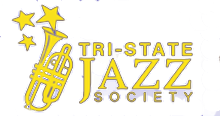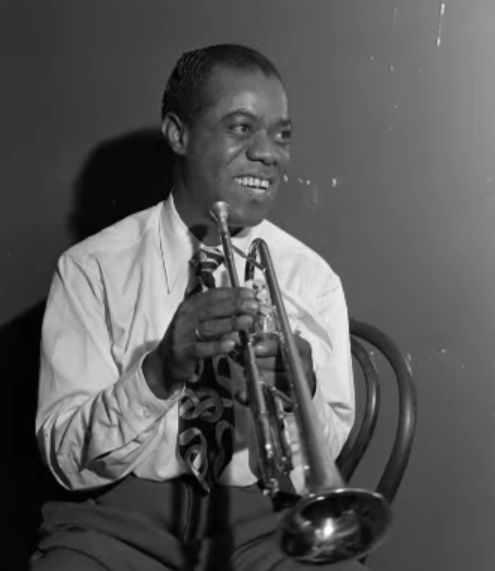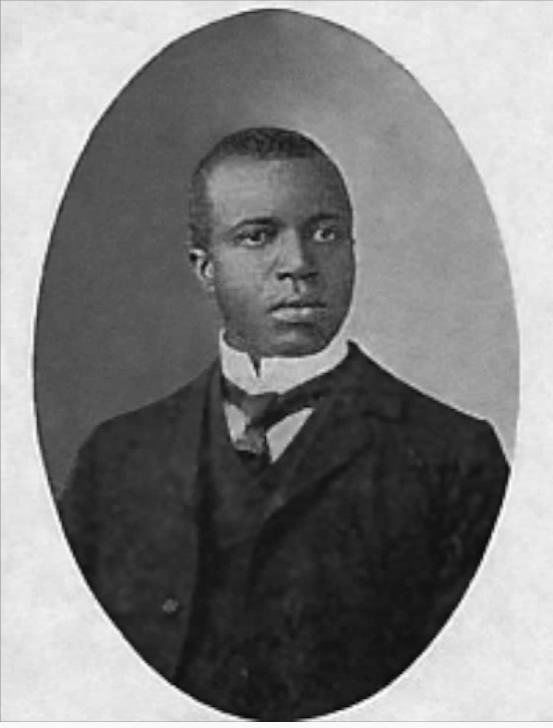by Ed Wise
Simply put, the music of the Tri-State Jazz Society is jazz played in the style of its originators and their disciples. You may also hear it referred to as "Traditional Jazz", or "Trad Jazz" or even "Trad" for short. Yet another designation for this music is "New Orleans-style" jazz. It's also been referred to as "Dixieland jazz."
Jazz, America's original art form, began in New Orleans in the late 19th century. Like its most famous culinary invention, the music of New Orleans at this time was a "gumbo" of musical disciplines: Field hollers and work songs from the cotton fields of the Deep South, African-American Sanctified Church music from uptown New Orleans, European classical forms familiar to the French-Creole population of downtown New Orleans (known today as the French Quarter), piano rags from the Midwest, blues from the Mississippi delta, American military marches and more. All these elements were stirred into a musical pot and served up as what soon became known as jazz. By the turn of the 20th century, jazz could be heard all over still-segregated New Orleans, performed by both black and white bands. New Orleans musicians, hired to perform on paddlewheel riverboat cruises on the Mississippi River and its tributaries, spread the music to Memphis, Saint Louis, Kansas City, and Chicago.
By way of phonograph records, the popularity of jazz became nation-wide, then spread to Europe. The first recordings of jazz came in 1917 in New York City, from a New Orleans band, "The Original Dixieland Jass Band," whose popularity in their time, both in New York City and in London, England, would have rivaled that of the Beatles some 50 years later.
Jazz's very first hero, however, was the legendary and un-recorded Buddy Bolden, whose powerful style had a deep impression on a very young trumpeter named Louis Armstrong. Later, Armstrong, after an apprenticeship in King Oliver's Creole Jazz Band, would go on to become jazz's first virtuoso and, ultimately, America's "Ambassador to the World." Other early influential jazz musicians include its first composer of note, Jelly Roll Morton, the fiery soprano saxophonist Sidney Bechet (both Creoles from New Orleans) and the lyrically creative Bix Beiderbecke, a white cornetist from Davenport, Iowa.
As jazz continued to evolve, through the 1920s, '30s and '40s, and especially with the advent of what we now call "modern" jazz around 1945, it became common to distinguish the older forms of jazz described above with the term "Dixieland" and then "traditional" jazz. Since this time, there have been many great jazz musicians who have dedicated their careers to preserving the older style as a part of American history and culture.
In the 1940s and '50s, such musicians included Eddie Condon, Bobby Hackett, Wild Bill Davison, Lu Watters and Turk Murphy. And, down in New Orleans, the music thrived where it continued to be performed by colorful characters with colorful names like Sharkey Bonano, Wingy Manone and the world-famous Al Hirt and Pete Fountain.
Today, the music continues to be preserved in the performances of musicians and bands all over the United States and throughout the world. Jazz-themed cruises occur regularly and jazz festivals draw thousands almost every week around the country and in Europe. Local jazz societies such as the Tri-State Jazz Society have been formed, dedicated to the preservation of this "traditional" jazz by sponsoring concerts and other events.
Traditional jazz is exciting, fun, danceable and eminently accessible to listeners of all generations, young and old. Tri-State Jazz Society extends its invitation to all to "Try it ... you'll LIKE it!"




